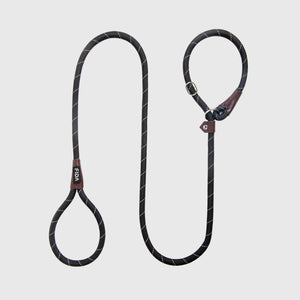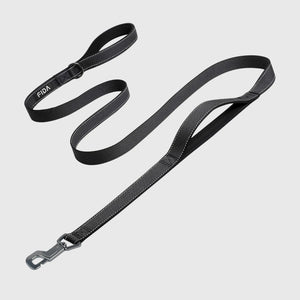
Traveling with Your Dog: Leash Rules, Airport Tips, and In-Car Safety
Taking your dog on the road or by air can make a trip richer—but it also brings a layer of planning. The right leash and harness setup, a few safety habits, and a compact travel kit keep both of you calm and moving. Below are practical, down-to-earth tips for airports, roadside stops, lodging, and in-car safety, plus a short pre-travel checklist to make packing painless.
Before you leave home: quick planning
-
Check rules first. Always verify airline, airport, hotel, and park policies before you go. Pet rules vary widely—some airlines allow small dogs in-cabin with a carrier; others require advance documentation. Hotels post different pet policies and fees.
-
Micro-practice at home. Put your dog in its travel harness or carrier for short sessions so the feel isn’t new at the terminal or rest stop.
-
Documentation & health: Carry vaccination records, a copy of your vet’s phone number, and any required health certificates. If your dog has medication, bring a clear list of dosage instructions.
Airports & terminals: move calmly, stay secure
Airports are busy, noisy places. The goal is to stay in control and minimize stress.
-
Use a secure harness, not a flimsy collar. A quick-fit harness keeps control and protects the neck if your dog bolts from an exciting stimulus.
-
Keep leash short in busy areas. A 4–6 ft fixed-length leash is easier to manage in crowds than a long or retractable leash. (If you’re evaluating options later, you can look up reviews for the Best Retractable Dog Leash for safe, open-area use—but avoid retractables in terminals.)
-
Know where the pet relief areas are. Most major airports list pet relief locations on their websites or apps. Use them before security lines or long waits.
-
Security screening: Follow TSA/airport rules for carriers and in-cabin pets; be prepared to remove your dog from the carrier for X-ray inspection if required—keep control with a snug harness and short leash.
Road trips & roadside breaks: routine and safety
Car travel is often more forgiving than airports, but it has its own risks.
-
In-car restraint options: Use a crash-tested seatbelt harness, a secure crate, or a vehicle barrier. A harness that connects to a seatbelt keeps dogs safer than an unrestrained pet in the cabin.
-
Frequent, predictable stops: Plan bathroom breaks every 2–3 hours for long drives. Choose wide, low-traffic pullouts and keep your dog leashed for quick exits.
-
Quick potty routine: Clip the leash on before opening the car door, step out together, allow a short sniffing window, and return to the car on a calm cue. This reduces frantic dashes.
-
Temperature awareness: Never leave your dog alone in the car. Even moderate outdoor temperatures can make a parked car deadly within minutes.
Lodging: make a hotel room feel safe
A new room can be disorienting; small steps avoid escape or damage.
-
Confirm pet policies on arrival. Check where the dog is allowed to be walked on the property and whether specific floors are pet-friendly.
-
Set up a “home base.” Use a blanket or an item with your dog’s scent to mark a rest area. If the hotel provides a pet relief map, note the nearest grassy spot.
-
Secure the room before you step out. Close curtains so your dog can’t jump to a ledge, and tuck away trash or tempting items. Clip your dog to a sturdy object if you need to leave briefly—better stable restraint is safer than an unsecured room.
Leash choices for travel: what to bring
-
Fixed mid-length leash (4–6 ft): Best default for airports, terminals, and busy stops. Stable control, predictable handling.
-
Quick-fit overhead harness: Easy on/off and more secure than a collar—helps prevent escapes during doorways and carrier transfers.
-
Compact slip lead: Useful for fast, temporary handling (vet runs, quick transitions) if you know how to use one gently.
-
Retractable leashes: Handy in open, low-risk areas where you want to grant more exploration—but avoid retractables in crowded or traffic-adjacent settings. If you’re researching options, look for reputable guides listing the Best Retractable Dog Leash choices and always follow safety advice.
Short pre-travel checklist (printable)
-
Vaccination records + vet contact
-
Health certificate (if required) and medication list
-
Sturdy harness + fixed 4–6 ft leash
-
Crate or seatbelt harness for car restraint
-
Waste bags, small towel, and quick first-aid kit
-
Small bowl, water bottle, and a day’s worth of familiar food
-
Favorite toy or blanket with home scent
-
Local animal control & nearest emergency vet numbers for your route
Final tips: keep it simple and predictable
Travel works best when you reduce surprises. Use the same trusted harness and leash throughout the trip, practice calm exit/entry routines, and reward calm behavior often.

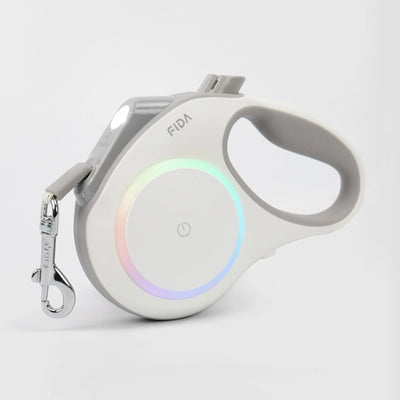
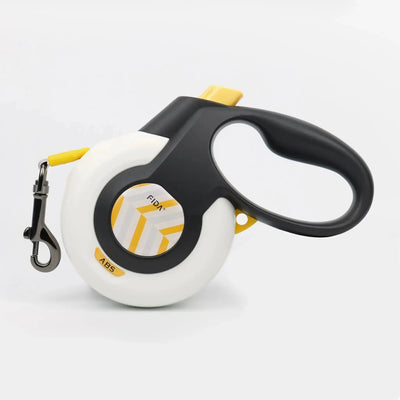
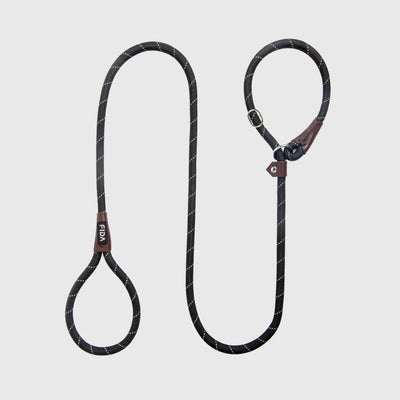
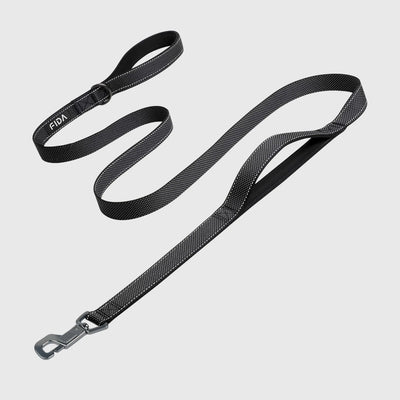
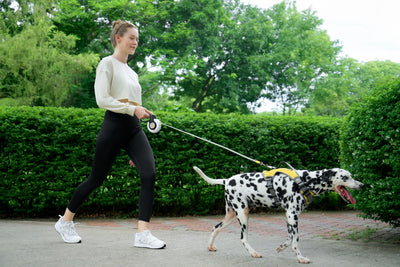
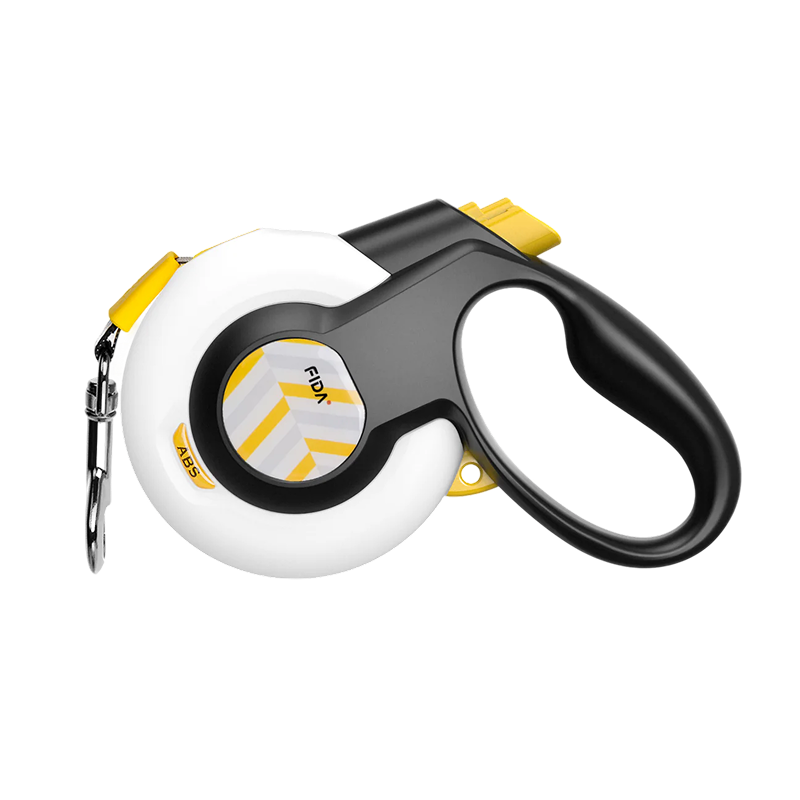 Retractable Leashes
Retractable Leashes
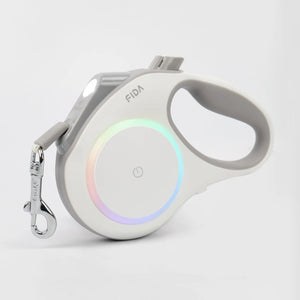
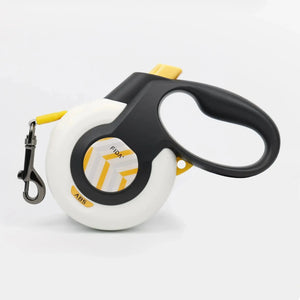
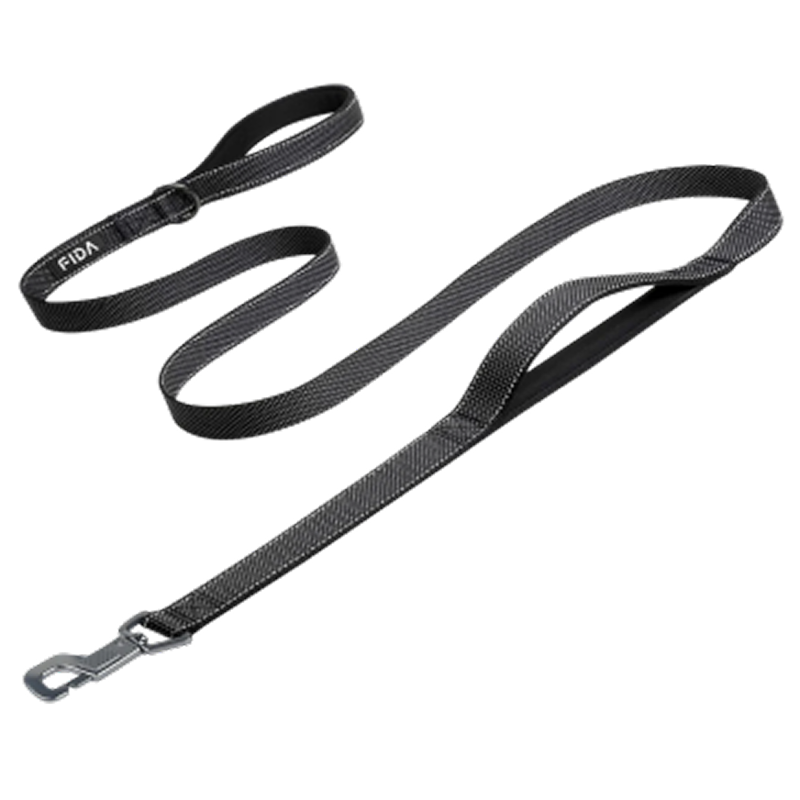 Non-Retractable Leashes
Non-Retractable Leashes
